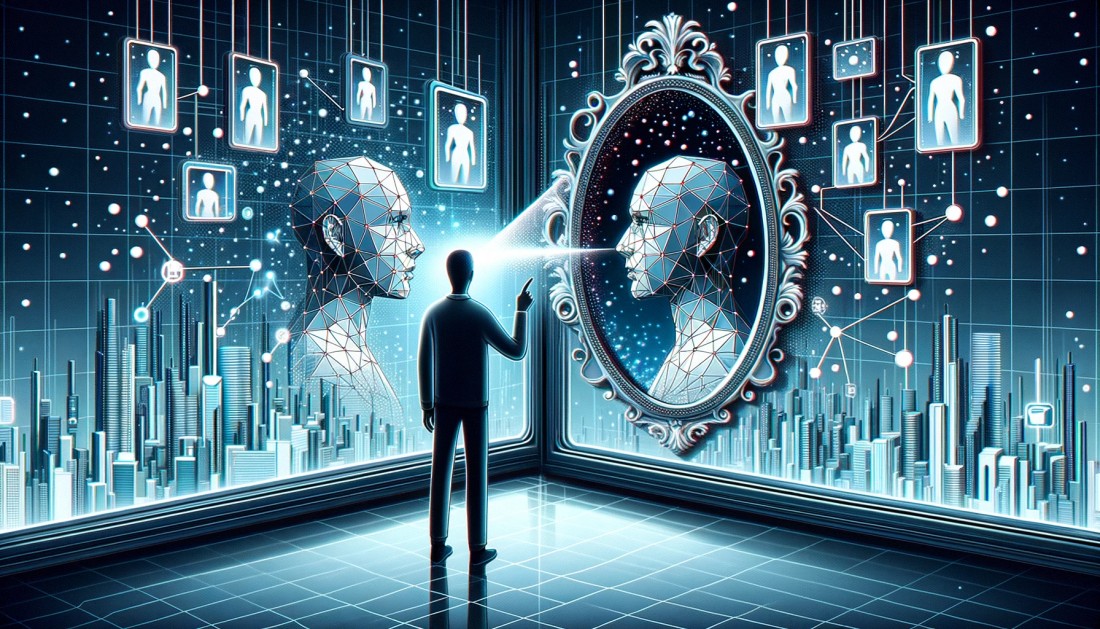How AI Systems Amplify Bias

Artificial intelligence (AI) systems raise many ethical questions. A notable phenomenon that we are beginning to understand is the amplification of bias within these systems.
Rather than a case of individual algorithms going haywire, this issue delves into the murkier realm of systemic bias, revealing how the interaction of multiple AI systems can compound and magnify biases, inadvertently mirroring and exacerbating societal inequalities.
A Closer Look at Bias Amplification
Bias amplification in AI is a subtle but insidious process. It occurs when several AI systems, each with their separate biases influenced by their training data and programming, interact. As these systems "cooperate", they can mutually reinforce each other's biases, leading to a more pronounced and persistent bias than what any single system might display.
Case Study 1: Gender Bias in the Workplace
Imagine a hiring AI at a large corporate firm, trained on historical hiring data where male candidates have been predominantly selected. Consequently, it will unintentionally favour male candidates during resume screening.
Another AI system, tasked with performance evaluation, has been trained on data where female employees were often given lower scores due to latent human biases.
As these two AI systems interact, their biases can mutually intensify. The hiring AI may propose a larger number of male candidates for job openings, while the performance evaluation AI continues to judge female employees more harshly.
Case Study 2: Racial Bias in the Criminal Justice System
In the realm of criminal justice, two different AI systems - one for predictive policing and another for judicial sentencing - might unintentionally conspire to reinforce racial bias.
The predictive policing AI, trained on past crime data, could inherit a systemic racial bias if certain racial or ethnic communities were over-policed. This could result in an amplified police presence and potentially more arrests in these areas due to heightened surveillance.
Meanwhile, a judicial sentencing AI might have been trained on data reflecting harsher sentences for individuals of a certain race.
A Wake-Up Call to Societal Echo Chambers

The phenomenon of bias amplification serves as a stark reminder of the reflective nature of AI systems. They learn from us, echoing our past actions and decisions, and in doing so, they can inadvertently perpetuate and even amplify societal biases. As AI technology continues to advance and permeate various aspects of our lives, it's paramount to recognise this echo chamber effect and understand its implications.
This awareness is the first step towards a broader conversation about the ethical dimensions of AI, and how we can responsibly navigate the increasingly automated future that lies ahead.

